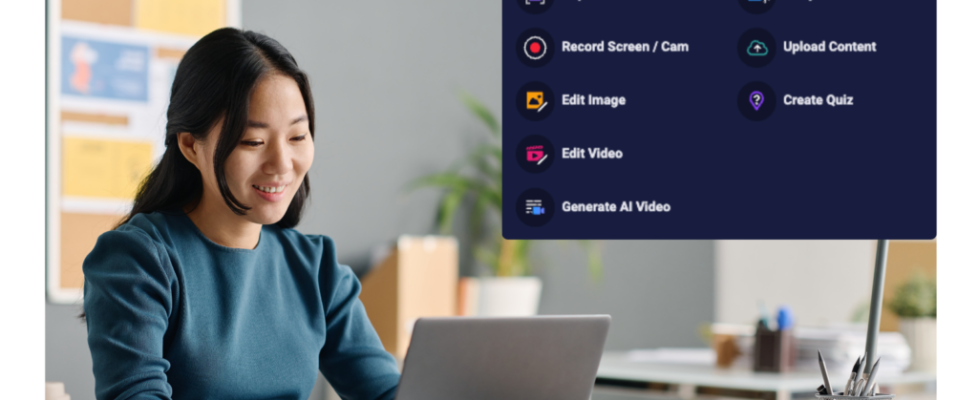A recent study has shown that using video for mentorship leads to higher test scores, an increase in student grades, and provides more time for faculty. Research completed by two Cal Poly University professors in 2016 shows that using video in the mentoring process is effective. It’s a method they termed as ‘Screen Coaching.’
Screen Coaching is a form of video mentorship between an educator and student. When video is used during the mentorship process, a connection is made between the professor and student. Video removes the physical and time barriers of a classroom. Professors are able to use video to assess the student’s work and coach them to success.
Video feedback shows positive results
Professor Martin Mehl and Dr. Luanna Fosse have spent more than a decade studying the influence of video in student mentorship programs. There work is showcased in the Digital Mentorship Competency Pedagogy. The Online Learning Consortium awarded the study with the “2017 Effective Practice Award.” The study followed approximately 2500 students and 22 faculty.
“Video feedback allows individualized and personalized education, which optimizes student learning outcomes. It has all the qualities of the traditional mindset plus value-add,” said Dr. Mehl, a leading researcher of the study.
The study revealed students responded positively to screen coaching. According to the data, student grades increased by 5-10% with the use of video screencasts. The research followed Cal Poly University professors and faculty who provided video feedback and applied mentorship principles to their students. The research group was given tools and guidelines for the videos. They provided their findings to researchers.
The results were remarkable with participating professors reporting they were able to save time, provide personal feedback and foster authentic relationships with students. The study revealed that faculty reported seeing a reduction in time spent grading papers, anywhere from 30-70%. They also reported a 100% methodology retention post initial exposure.
Mehl said, “We reduced the student to faculty ratio to one-on-one, making the transition from information byproduct (upload, download & overload) to information literacy (guidance, digestion, and distribution through mentorship competency in training, coaching, and leadership).”
Building authentic connections with video
“Video feedback removes lots of barriers; it can be more personal. The traditional format (pen to paper) permits only non-verbal communication. It misses the components that make up the key ingredients in building meaningful trust relationships. As the instructor, you must build credibility over time – starting with the initial attention of a student and building towards more impact long-term,” Mehl said.
Mehl believes video builds trust and a relationship based connection between the educator and student. It’s this type of connection that leads to the growth and success of a student in the classroom.
“The screen is the closest tool to be able to hold the hand and capture the mind of the person trying to share their feelings and love for learning. It’s important to see the passion of the person who wants us to fall in love with their favorite subject, lesson, company or solution,” he says.
Best tool for video mentorship
Key to the research was using the right tool for faculty needs. They turned to ScreenPal because it met all 7 of their core evaluation criteria. They chose the video tool saying, “…best fit, for the least complex, most robust and cost-effective tool that would cater to the widest audience possible…”
Mehl explains further, “ScreenPal screen recording mirrors the next step of revolution in video recording. We no longer need a hardware box; we have the capacity to run a video recorder on any platform and create a solution to capture any screen-based resource, anywhere, anytime.”
Though the study was conducted with faculty at Cal Poly, the research team feels the findings apply equally to K-12 and professional learning.

































